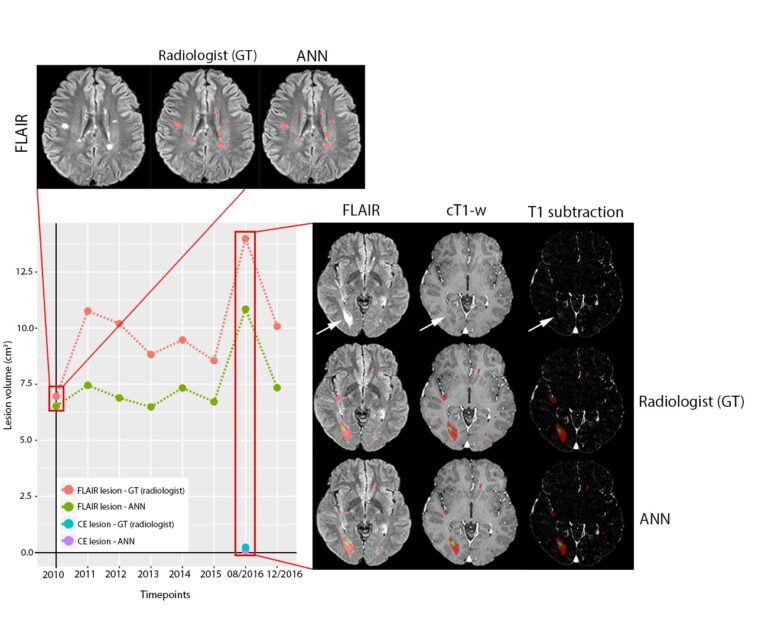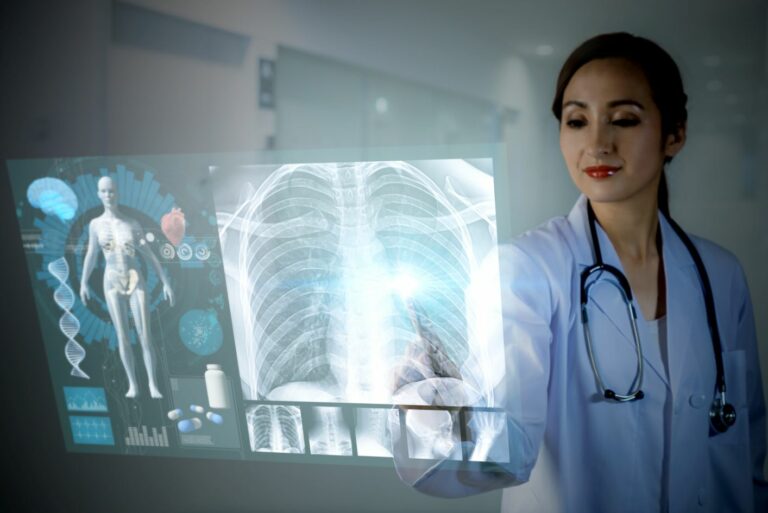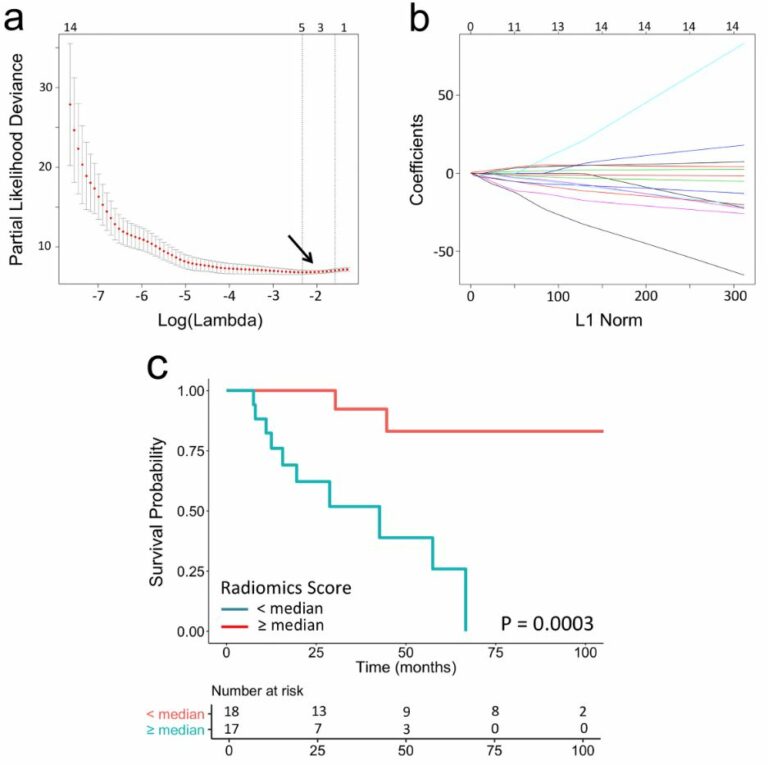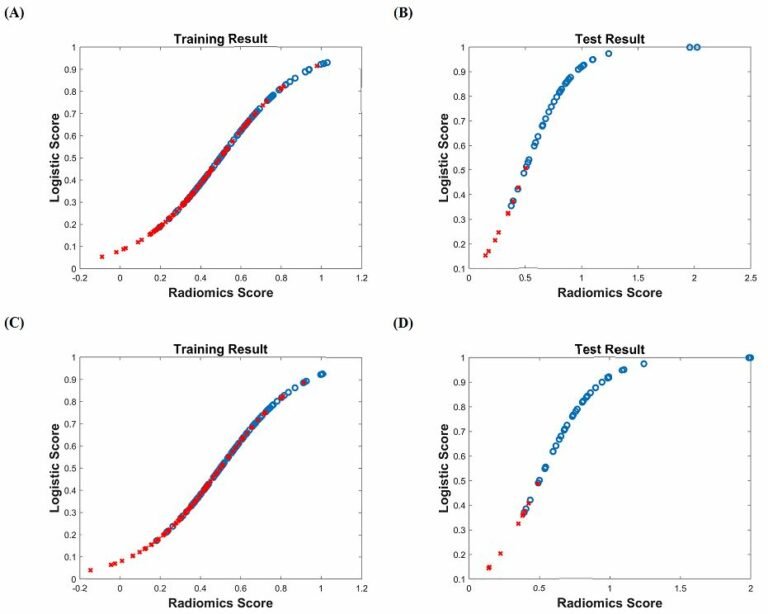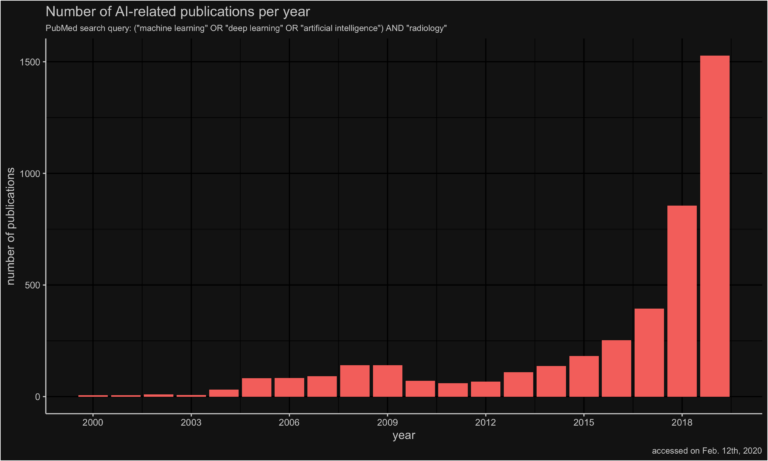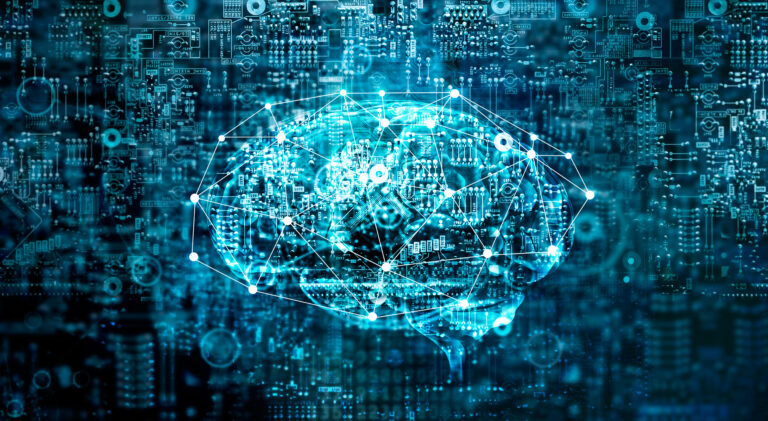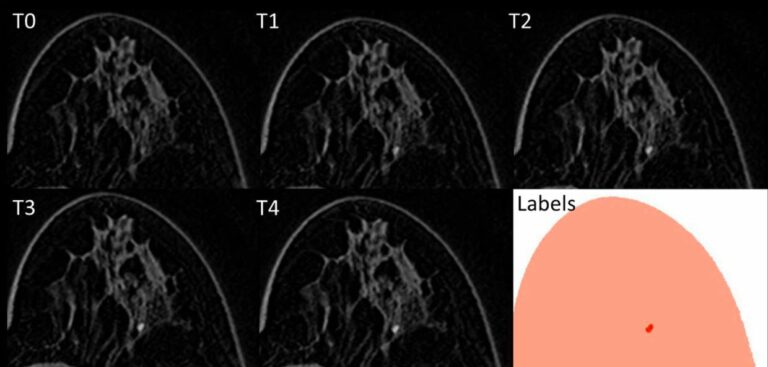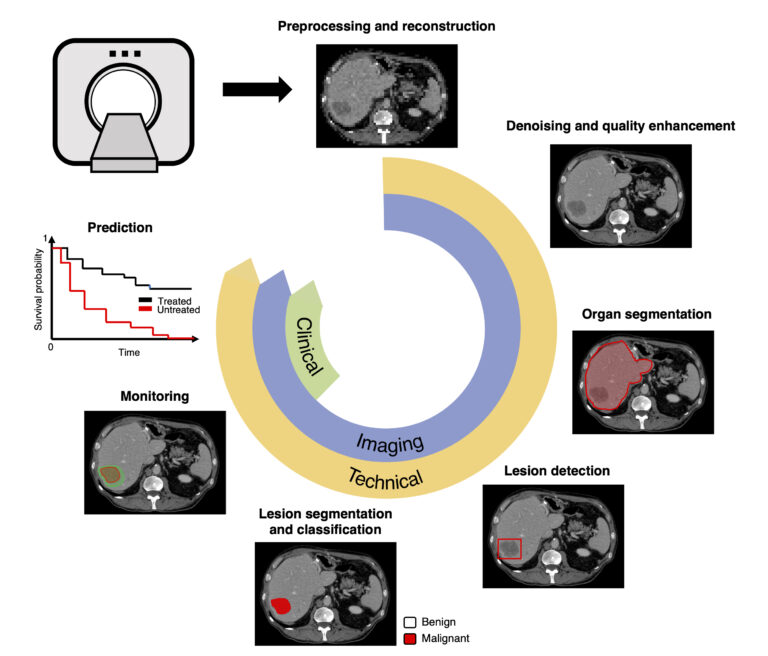
Deep learning workflow in radiology: how to get started
In the past decade, deep learning architectures, which essentially consist of neural networks with numerous layers, have emerged as a dominant class of machine learning algorithms. Owing to the availability of larger datasets in radiology and access to high-performance graphical processing units, deep learning has provided state-of-the-art performance for various computer vision tasks such as lesion detection, segmentation, classification, monitoring,










